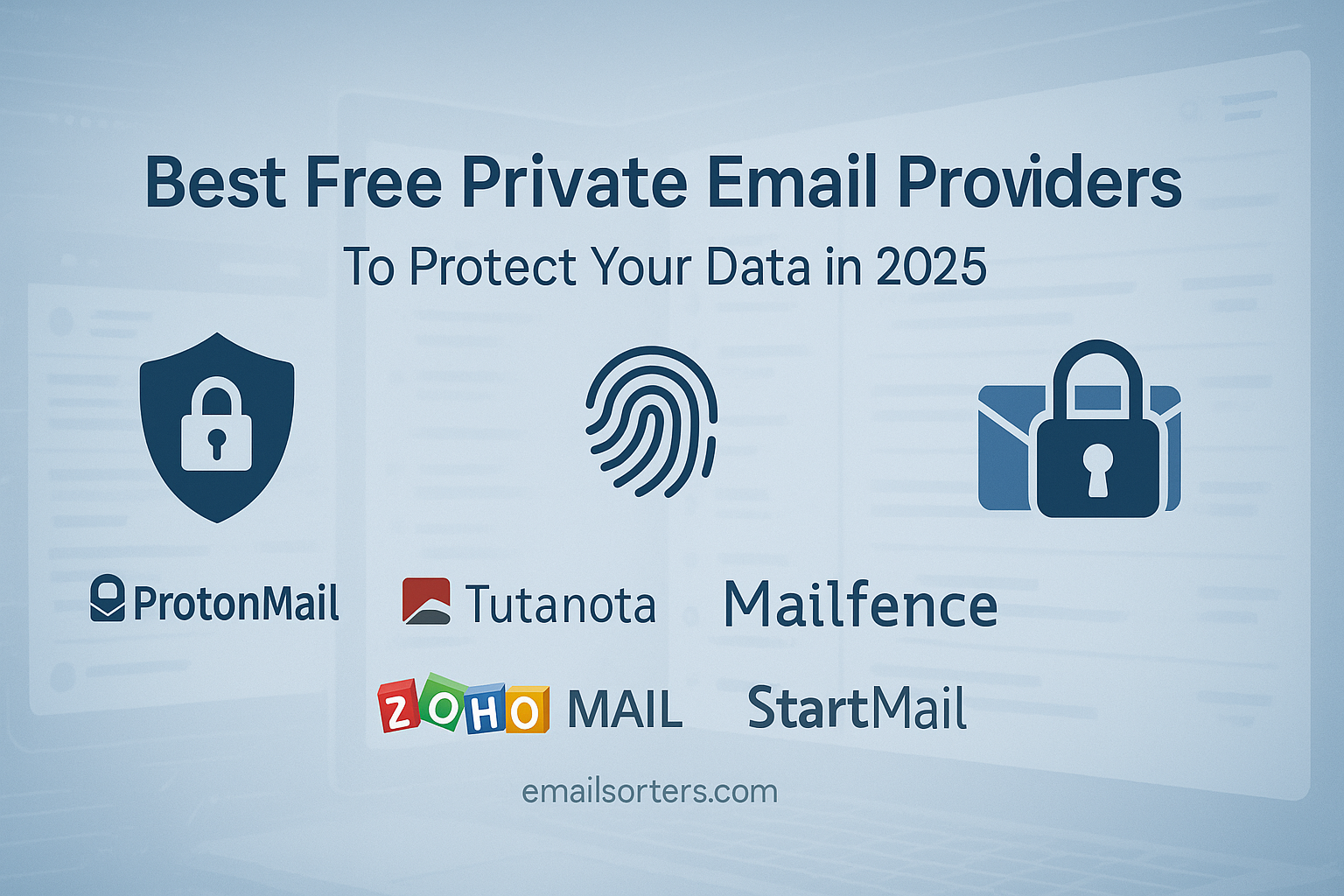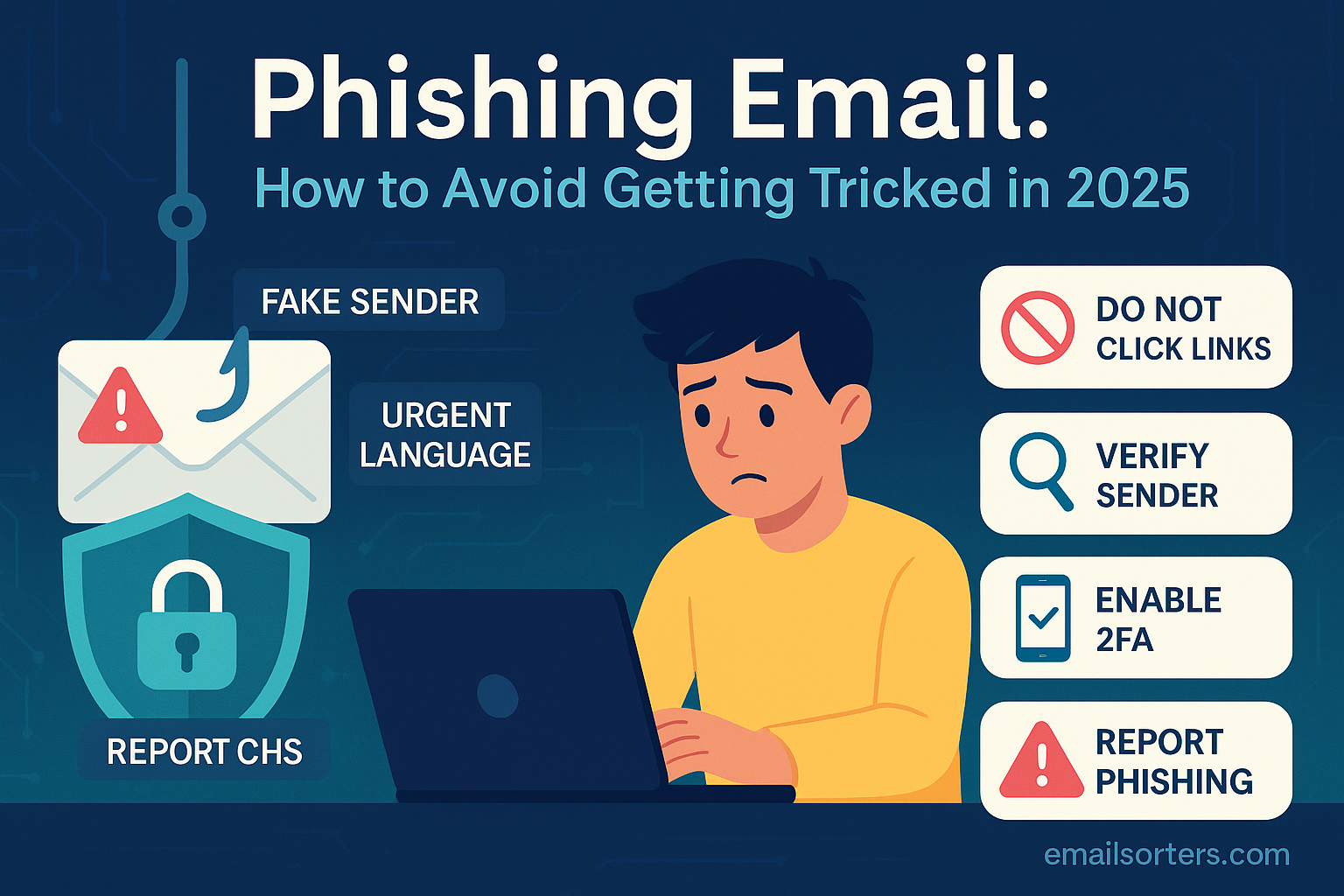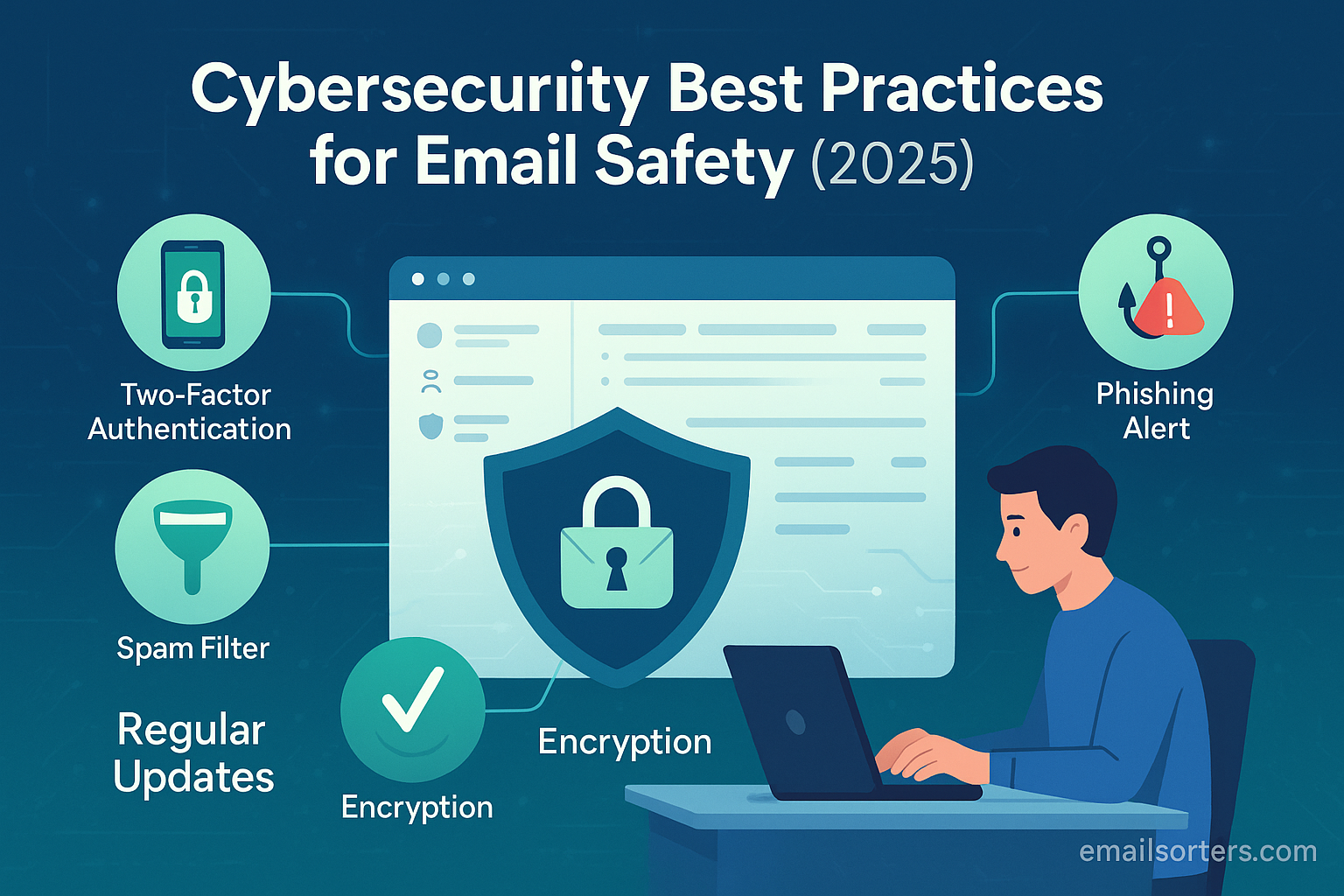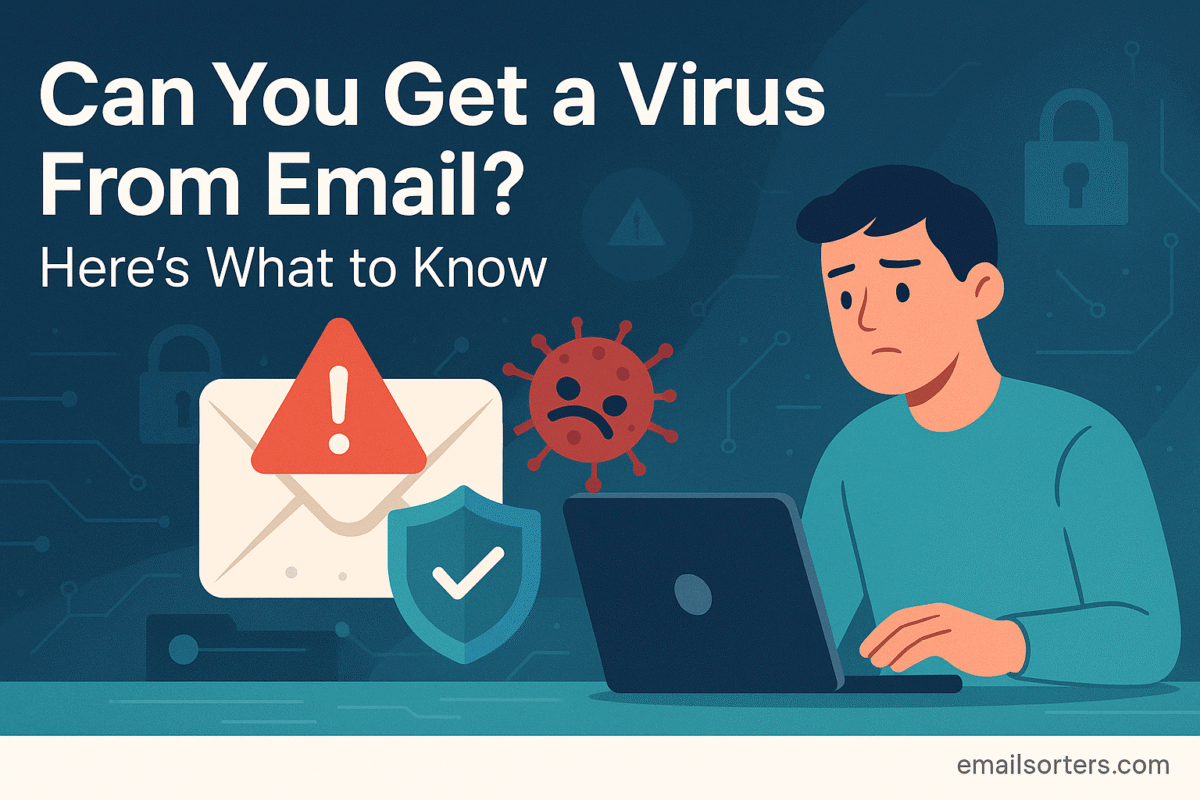Private Email Providers aren’t just for tech experts, they’re for anyone who values privacy over profit. The truth is, many “free” email services quietly collect your personal data in exchange for access. Every message, every saved contact, every click can feed into a detailed profile of your online habits.
The increasing awareness of this data-centric business model has fueled a demand for privacy-focused alternatives. These services are built on a fundamentally different philosophy: that user privacy is a right to be protected, not a product to be sold. They achieve this primarily through robust security architectures, with end-to-end encryption at their core. This method ensures that only the sender and the intended recipient can read a message’s content, locking out everyone else, including the email provider itself. For those unfamiliar with the technical underpinnings, the concept of email encryption is a foundational element of modern digital privacy.
The desire to reclaim control over one’s digital information is no longer a niche concern. It is a mainstream movement towards data sovereignty. Fortunately, a growing number of providers offer powerful, secure, and private email services with free tiers that rival the functionality of their data-hungry counterparts. This guide provides a detailed analysis of the best free private email providers available today, examining their features, security models, and limitations to help you make an informed decision and take a definitive step toward protecting your digital life.
1. Proton Mail
Overview: Based in Switzerland, Proton Mail operates under some of the world’s most stringent privacy laws. It was founded in 2014 by scientists who met at CERN, with the explicit goal of making encrypted email easy to use and accessible to everyone. Its reputation for security and its commitment to user privacy have made it one of the most recognized names in the private email space.
Key Features (Free Tier):
- Storage: 1 GB of total storage.
- Message Limit: 150 messages per day.
- Encryption: End-to-end encryption for messages between Proton Mail users. For emails to non-users, password-protected encryption is available.
- Email Addresses: One email address (@proton.me or @protonmail.com).
- Other Features: Limited access to Proton Calendar and Proton VPN.
Pros:
- Strong Jurisdiction: Swiss privacy laws offer robust protection against third-party data requests.
- Ease of Use: The web interface is clean, modern, and intuitive, requiring no technical knowledge to use its encryption features.
- Open Source: Proton Mail’s client-side code is open source and has been independently audited, providing transparency and verifiable security.
- Ecosystem: The free plan provides a glimpse into the broader Proton ecosystem, which includes a calendar, cloud storage, and a VPN.
Cons:
- Limited Storage: 1 GB can be restrictive for users migrating from services that offer 15 GB or more.
- No IMAP/POP3 Support: The free plan does not support the Proton Bridge, which is required to use the service with third-party desktop email clients like Thunderbird or Outlook.
- Feature Limitations: The free calendar is basic, and custom domains are reserved for paid plans.
Ideal Use Case: The Proton Mail free plan is ideal for privacy-conscious individuals who need a secure and reliable email account for personal use. It is an excellent starting point for anyone looking to de-google their life and understand the benefits of an encrypted ecosystem. The fundamental differences in their approach to data are vast; the ProtonMail vs Gmail comparison highlights a clash between a privacy-first model and a data-driven one.
2. Tuta (Formerly Tutanota)
Overview: Tuta is a Germany-based private email provider with a strong focus on encrypting the maximum amount of data possible. Unlike some competitors, Tuta not only encrypts email content but also the subject lines, calendar events, and contacts. Operating under Germany’s strict data protection regulations (GDPR), Tuta has built a reputation for its comprehensive security and open-source commitment.
Key Features (Free Tier):
- Storage: 1 GB of total storage.
- Encryption: End-to-end encryption for all internal data (emails, calendars, contacts). Password-protected encryption for external recipients.
- Email Addresses: One email address with a choice of Tuta domains (e.g., @tuta.com, @tutanota.com).
- Other Features: Includes a free, end-to-end encrypted calendar.
Pros:
- Comprehensive Encryption: Encrypting subject lines and calendar data offers a superior level of privacy compared to many alternatives.
- Open Source & Audited: The entire client is open source, fostering transparency and trust within the privacy community.
- Energy Efficiency: Tuta operates on 100% renewable energy, appealing to environmentally conscious users.
- Encrypted Calendar Included: The inclusion of a fully encrypted calendar in the free tier is a significant value-add.
Cons:
- No IMAP/POP3 Support: Like Proton Mail, Tuta does not support standard email protocols, meaning users are limited to its dedicated web client and mobile apps.
- Limited Search: Because all data is encrypted, search functionality is performed on the user’s device, which can be slower and less powerful than server-side search.
- Strict Inactivity Policy: Free accounts may be deleted after a six-month period of inactivity.
Ideal Use Case: Tuta is perfect for the privacy purist who wants the most comprehensive encryption possible in a free package. Its inclusion of an encrypted calendar makes it a strong choice for individuals seeking to protect not just their communications but also their schedule from surveillance.
3. Zoho Mail
Overview: Zoho Mail offers a unique proposition in the private email space. While it is part of a large suite of business-oriented software, its focus is on providing a professional, ad-free email experience rather than on selling user data. Zoho’s business model is based on selling premium software subscriptions, allowing it to offer a surprisingly feature-rich free email service without compromising user privacy for advertising purposes.
Key Features (Free Tier):
- Custom Domain: Supports one custom domain, allowing users to have a professional email address (e.g., you@yourdomain.com).
- Storage: 5 GB of storage per user.
- Encryption: Encryption at rest and in transit. End-to-end encryption is not enabled by default but can be used via its SecureMail feature.
- Email Addresses: Up to five users on the “Forever Free Plan,” each with their own mailbox.
- Other Features: Includes access to other Zoho collaboration tools like Zoho Docs.
Pros:
- Custom Domain Support: The ability to use your own domain for free is a standout feature, making it ideal for small businesses, freelancers, and startups.
- Generous Storage: 5 GB of storage is significantly more than most other free private providers offer.
- Professional Focus: The entire platform is designed for professional use, with a clean interface and robust control panel.
- No Ads: Zoho has a strict no-ads policy and does not scan email content for commercial purposes.
Cons:
- Not Zero-Knowledge by Default: Unlike Proton Mail or Tuta, Zoho administrators technically have the ability to access user data unless specific end-to-end encryption measures are actively used.
- Limited Security Focus: While private, its primary selling point is professional utility, not absolute, hardcore security like Tuta.
- No IMAP/POP3 on Free Plan: Access via third-party clients is reserved for paid tiers.
Ideal Use Case: Zoho Mail is the best free private option for small business owners, freelancers, or families who need professional email addresses with their own domain without a subscription fee. The trade-offs in default encryption are offset by its unmatched professional features. The choice between a platform like Zoho and a mainstream provider often comes down to this professional focus, as explored in the Zoho Mail vs Gmail comparison.
4. Mailfence
Overview: Based in Belgium, Mailfence is another strong contender that operates under robust privacy laws. Mailfence positions itself as a direct, privacy-respecting alternative to mainstream email suites, offering integrated email, calendar, and document storage. Its key differentiator is its strong support for OpenPGP, the most widely used email encryption standard.
Key Features (Free Tier):
- Storage: 500 MB for emails and 500 MB for documents.
- Encryption: Full support for OpenPGP, giving users granular control over their encryption keys. End-to-end encryption with password protection is also available for non-PGP users.
- Other Features: Includes access to a calendar, contacts, and document storage. Two-factor authentication is supported.
Pros:
- OpenPGP Interoperability: Its standards-based approach means users can communicate securely with anyone who uses PGP, regardless of their email provider. This is a significant advantage for users who collaborate with others outside the Mailfence ecosystem.
- Full Suite of Tools: The free plan includes access to a calendar and document storage, making it a comprehensive productivity solution.
- Transparency Reports: Mailfence regularly publishes transparency reports detailing any government data requests it receives.
Cons:
- Limited Free Storage: 500 MB for emails is one of the smallest allowances among top providers and can be filled quickly.
- No Custom Domain on Free Plan: This feature is reserved for paid subscribers.
- Slightly Dated Interface: While functional, the user interface may feel less modern than some of its competitors.
Ideal Use Case: Mailfence is an excellent choice for users who value interoperability and want to use the OpenPGP standard to communicate securely with a wide range of contacts. It represents a practical approach to understanding how to send secure email by leveraging established, open standards.
5. Disroot
Overview: Disroot is a community-driven project based in Amsterdam that provides a suite of online services, including email, based on the principles of privacy, freedom, and decentralization. It is a non-commercial, volunteer-run platform funded by donations. Its ethos is geared towards activists, journalists, and anyone wary of corporate control over digital infrastructure.
Key Features (Free Tier):
- Storage: 2 GB for email and an additional 4 GB for its cloud storage service.
- Encryption: End-to-end encryption is supported via PGP in its webmail client or through third-party clients.
- IMAP/POP3 Support: Full support for IMAP and POP3, allowing users to access their email with clients like Thunderbird or K-9 Mail.
- Other Features: Provides access to a full suite of tools, including a cloud drive, pads, and spreadsheets.
Pros:
- Community-Driven & Non-Commercial: Its funding model ensures that its decisions are driven by user needs, not profit motives.
- Full IMAP/POP3 Support: This is a major advantage for users who prefer to manage their email through a dedicated desktop or mobile client.
- Generous Storage: The combined storage for email and cloud services is very generous for a free, community-run project.
Cons:
- Volunteer-Run: While a philosophical strength, this can mean that support is slower and development may not be as rapid as commercially-funded companies.
- Requires Some Technical Comfort: To leverage its full encryption potential, users may need to be comfortable setting up PGP in a third-party client.
- Application Required: To prevent abuse, users must apply for an account, which can take some time to be approved.
Ideal Use Case: Disroot is for the user who deeply values community-run projects and wants to completely divest from corporate ecosystems. It is ideal for activists, students, and tech-savvy individuals who prioritize open standards and client freedom over a polished, all-in-one web experience.
A Note on Provider Sustainability: The Cases of Skiff and Ctemplar
When choosing a private email provider, especially a free one, it is crucial to consider the company’s long-term viability. The history of private email is littered with promising services that have shut down, sometimes with little warning, leaving users stranded.
Two recent examples highlight this risk. Skiff, a provider that gained popularity for its well-designed, end-to-end encrypted suite, was acquired by Notion in early 2024 and subsequently announced it would be shutting down all its services. Similarly, Ctemplar, a highly secure provider known for its anonymous sign-up process, ceased operations in 2023, citing technical and financial challenges.
These cases teach a valuable lesson: a provider’s business model is a core feature of its service. Look for providers with transparent funding, a clear path to profitability through paid plans, and a long track record. While the services listed above have demonstrated sustainability, the free tier should always be viewed as an entry point to a service you would be willing to support financially if your needs grow.
Conclusion: Private email providers
Choosing a private email provider is more than a technical decision; it is a declaration of your right to digital privacy. In an online world where personal data is the dominant currency, opting out of the surveillance-based model of mainstream providers is a powerful and necessary step toward reclaiming your data sovereignty. As this guide has shown, robust, feature-rich, and secure email is not a luxury reserved for paying customers.
There is no single “best” provider for everyone. The ideal choice depends on your individual needs and priorities. For the user seeking a seamless, all-in-one encrypted ecosystem, Proton Mail and Tuta stand out. For the freelancer or small business owner needing a professional identity, Zoho Mail offers unmatched value. For the advocate of open standards, Mailfence and Disroot provide the interoperability and client freedom that commercial platforms often lack.
The journey to a more private digital life begins with a single, informed step. By evaluating these providers and selecting one that aligns with your values, you are not just getting a new email address. You are investing in a more secure and autonomous future, one where your private conversations remain truly private. Make the choice to protect your data today.




